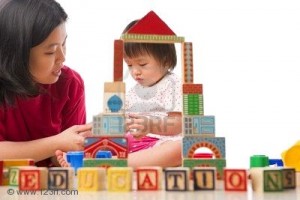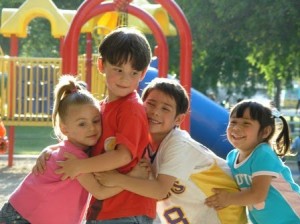OK, so for those of you who don’t know, EC stands for elimination communication. Yep, you guessed it; this blog is about peeing and pooping, so if you’re the least bit squeamish on that topic, read no further! A friend of mine asked me to share about our EC journey, so here it is:
The first time I heard about elimination communication it sounded completely insane to me. I heard wild stories of families who NEVER used diapers and I pictured an entire house covered in plastic drop cloths with some pretty gross repercussions. Sure, if we were living outside and could just hold our babies away from our bodies like I read about in “The Continuum Concept,” I could imagine not using diapers. But I live in a house, and it really bothers me when my dogs or cats fail to go in their designated locations, so why would I allow my child to just pee and poop all over the place? At that moment I decided that EC was not for me.





 It seems like just about the time we feel we’ve given all we can and we need some “me time” kids suddenly need even more from us. We can become frustrated and resentful and begin to give out of obligation or guilt, rather than giving from true generosity. If that’s what’s happening for you, my invitation for this week is to take a break, stop giving for a moment, and reset.
It seems like just about the time we feel we’ve given all we can and we need some “me time” kids suddenly need even more from us. We can become frustrated and resentful and begin to give out of obligation or guilt, rather than giving from true generosity. If that’s what’s happening for you, my invitation for this week is to take a break, stop giving for a moment, and reset.